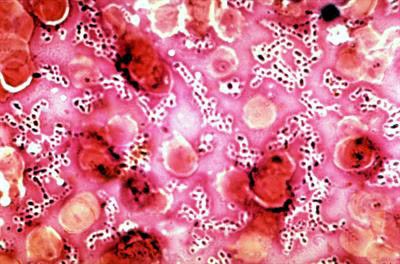
Pneumonia, an inflammation or infection of the lungs, is a serious condition that can be prevented, a CHOC Children’s infectious disease specialist says.
“Pneumonia is a serious condition and can often be prevented by getting vaccinated for illnesses that can lead to pneumonia,” says Dr. Antonio Arrieta, CHOC’s director of infectious disease and director of infectious disease research.
Several vaccines recommended for infants and young children can help prevent bacterial or viral infections that can lead to pneumonia, says Dr. Arrieta, who encourages parents to seek these vaccines for their children as recommended by the Centers for Disease Control and Prevention (CDC) and many other medical associations.
Vaccines for the following illnesses can help prevent people from getting pneumonia:
Influenza (flu): The flu vaccine is given annually at the beginning of flu season.
Measles: The MMR vaccine protects against measles, as well as mumps and rubella.
Pertussis: A vaccine called DTaP protects against whooping cough, a contagious infection that prompts a violent cough.
Pneumococcal: A vaccine for this condition is recommended for children younger than 5, and decreases the risk of acquiring bacterial pneumonia by about 70 percent, Dr. Arrieta says.
Chickenpox: The CDC recommends two doses of the vaccine against this condition for children, adolescents and adults.
The streptococcus pneumonia is the most common bacterium to cause bacterial pneumonia, Dr. Arrieta says.
Other bacteria that may lead to bacterial pneumonia include Group B streptococcus, which is most common in newborns; Staphylococcus aureus; and Group A streptococcus, which is most common in children older than 5, Dr. Arrieta says.
Unlike bacterial pneumonia, viral pneumonia is caused by viruses such as the respiratory syncytial virus (RSV), which is most common in babies and children younger than 2, and the influenza virus, or the flu, says Dr. Arrieta.
Though the flu typically lasts for no more than five days, pneumonia can linger for longer. Thus, prevention is key, Dr. Arrieta says.
Talk to your pediatrician for information about vaccines and the recommended vaccination schedule, as well as other ways to prevent your child from getting pneumonia.
Source :-Chocchildrens

Leave a Reply